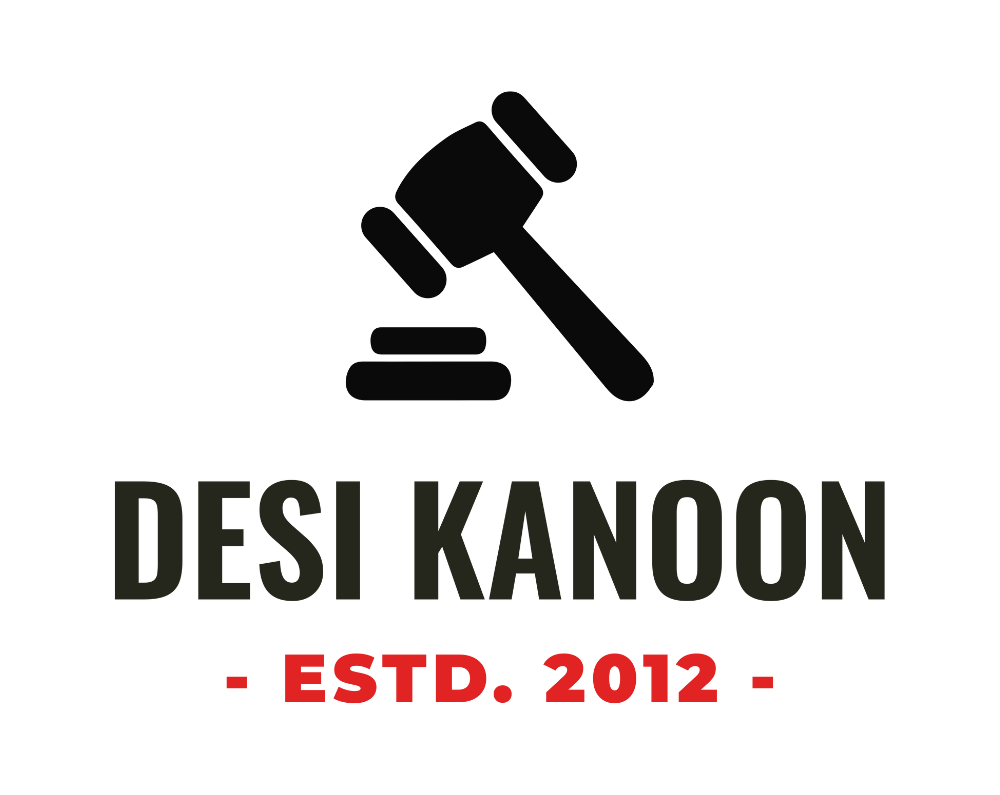It is quite crazy to know that anybody can create programs, apps, and software today, and that no specialized knowledge of programming or coding is needed for the same. This is quite a revolutionary thing, akin to the way the typewriter was invented for writing. It changed the world of writing forever. For example, in the pre-typewriter era, making laws was a big headache. All the handwritten content had to be read, and such handwritten content was compiled using more handwriting. It was time-consuming (though it had its charm) and voluminous to maintain, since literally everything had a paper trail. Also, analyzing large amounts of paper data required a lot of humans to collaborate in a very specialized manner. Then came typewriters, and the handwritten content suddenly became much more structured. Typewriters basically increased the efficiency and speed of writing by leaps and bounds. More writing has been generated in the last 50 years than in the entire span of human history combined.
However, humans, though they do not like to believe so, are obsessed with writing and typewriters were not enough for us. We wanted electronics to aid us in the process of writing, and thus, we created word processors that could not only display words but also arrange the words, syntax, and structure of any written content in literally an infinite number of ways. These word processors provided a canvas for writers to unleash their imaginations. Soon, text could easily be combined with images. Book writing became easier than ever. You could design your entire book on your own. Word processors started to have advanced tools like large dictionaries, the ability to store your own styles in the form of templates, and much more.
But that too was not enough for humans. We wanted something more. With the advent of computing power and algorithms, voice-to-text and text-to-voice also became a reality. Computers have been endowed with the entire repository of knowledge (in the form of internet) that the human race possesses. Today, we have hundreds of petabytes of data stored across the internet. And we also have AI, in the true sense of the term, though there are still debates going on about the “intelligence” of AI systems. My own view is that Large Language Models (LLMs) are pretty good, maybe slightly inferior in terms of raw creativity—but otherwise, they are the greatest tools that any writer could ever imagine.
The same cascading effect is being in the world of coding as well. When making an app becomes as simple as giving a prompt, there will be an abundance of apps and software. For solving each and every problem, a new app could be created in a seamless and hassle-free manner. Apps will become like agents: you use them, and they go away. It is truly a fascinating world that we are living in. One of the biggest impacts this is going to have is in the field of law. All these changes simply mean a paradigm shift for the world of law. There are so many aspects to explore, such as how to make laws more efficient, less verbose, more impactful, and meaningful with the help of the latest AI tools at our disposal.
These are just my random thoughts on the issue. I will keep posting on these topics. Stay tuned.

